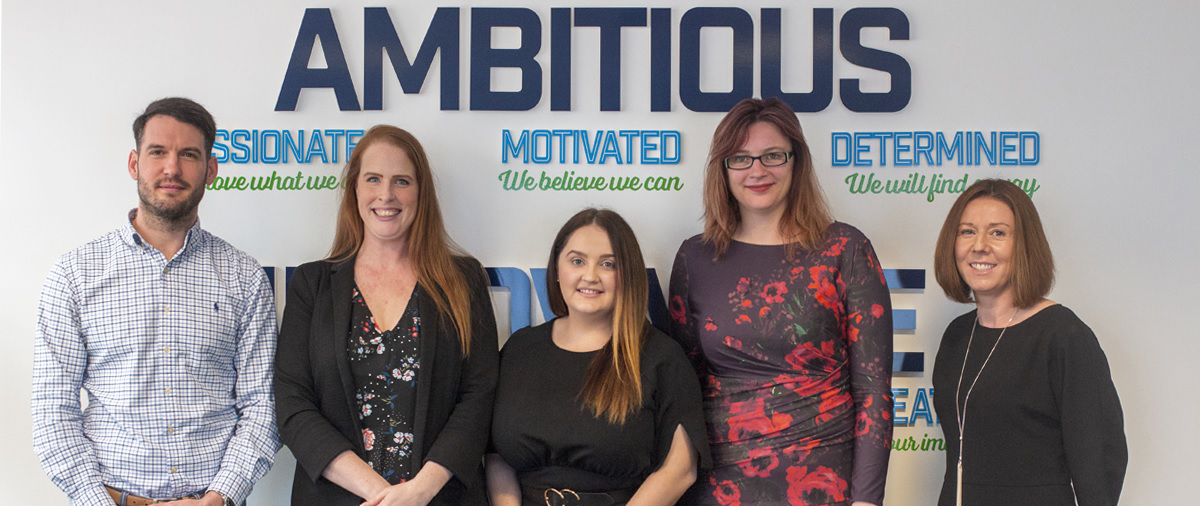
Last week, Evolution and RTRS collaborated on two IR35 webinars in order to help businesses and contractors understand what IR35 is, and what the new changes mean.
We would like to say a huge thank you to Julia Kermode, Chief Executive at FCSA, and Nicole Slowey, Operations Director at Qdos Contractor, for taking part in the webinars.
You can watch the second webinar, “What is IR35 and how will the changes impact contractors?”, below:
If you are not a contractor but your business works with contractors, view our other webinar here.
Evolution and RTRS are both FCSA Supply Chain Partners. If you would like more information, please feel free to contact us.
The questions asked by our contractor webinar participants were as follows:
This is a common concern. There are two points in the legislation that would deter businesses from this approach. Firstly, the requirement to take reasonable care; failure to do so moves the liability for unpaid tax to the hirer, so it is imperative that clients take reasonable care and document this. A new point from the consultation was the requirement for some sort of appeal process. This means that clients who might otherwise have been tempted to look at that approach, would end up with an awful lot of appeals. So, it would be more sensible to conduct a robust assessment rather than have to deal with numerous appeals.
Again, a legitimate concern. HMRC has said they will not automatically look at previous status; that does not preclude them from reviewing your status, only from doing so automatically. It would be sensible to look at the work being delivered and, if possible, tie up the current work and commence a new project or body of work on the new terms. Some contractors have talked about winding up their limited company and starting a new one when they start an outside IR35 engagement after April.
Of course, no one knows for certain, but this measure was the biggest tax generating measure in the last budget. The legislation is pretty much written and requires a couple of tweaks to make it apply to the private sector. In terms of ease of implementation for the Government it really couldn’t be easier, so in our view a delay or no implementation is unlikely.
As you’ll lose the right to make the determination, the best thing you can do is to engage with the hirer and fee payer and ensure they adequately understand the legislation, the likely impact and have a plan as to how they’ll address it. For your own role, you can do things to strengthen your outside IR35 status and make it easy for hirers to determine you as being outside IR35. Look at documenting working practices and having them signed by the hirer and agency. Consider signing up for a substitute scheme, and look at your insurance provision. Employers liability insurance ensures you can hire a substitute at short notice, and professional indemnity insurance is a demonstration of financial risk.
Those clients who are only becoming aware of IR35 now may well see CEST as a silver bullet. You answer a few questions, HMRC tells you the right status, and as long as you put the information in correctly HMRC will accept the decision. Simple and low risk, it seems.
Unfortunately, as a contractor you will know that CEST is deeply controversial. It makes assumptions, ignores certain factors and seems to weigh some elements of a status test more heavily, in contrast with how the law is often interpreted by tribunals. We expect that the commercial reality of using CEST will likely push clients to consider alternative approaches. If using the toll puts off valuable contractors, then clients will want to do what they can to offset that. We’ll be working with clients to select a tool that is robust, straightforward and fair.
You can download our IR35 Action Plan for contractors here.
We are happy to help businesses overcome any challenges posed by IR35. If you would like more information, please feel free to contact me.